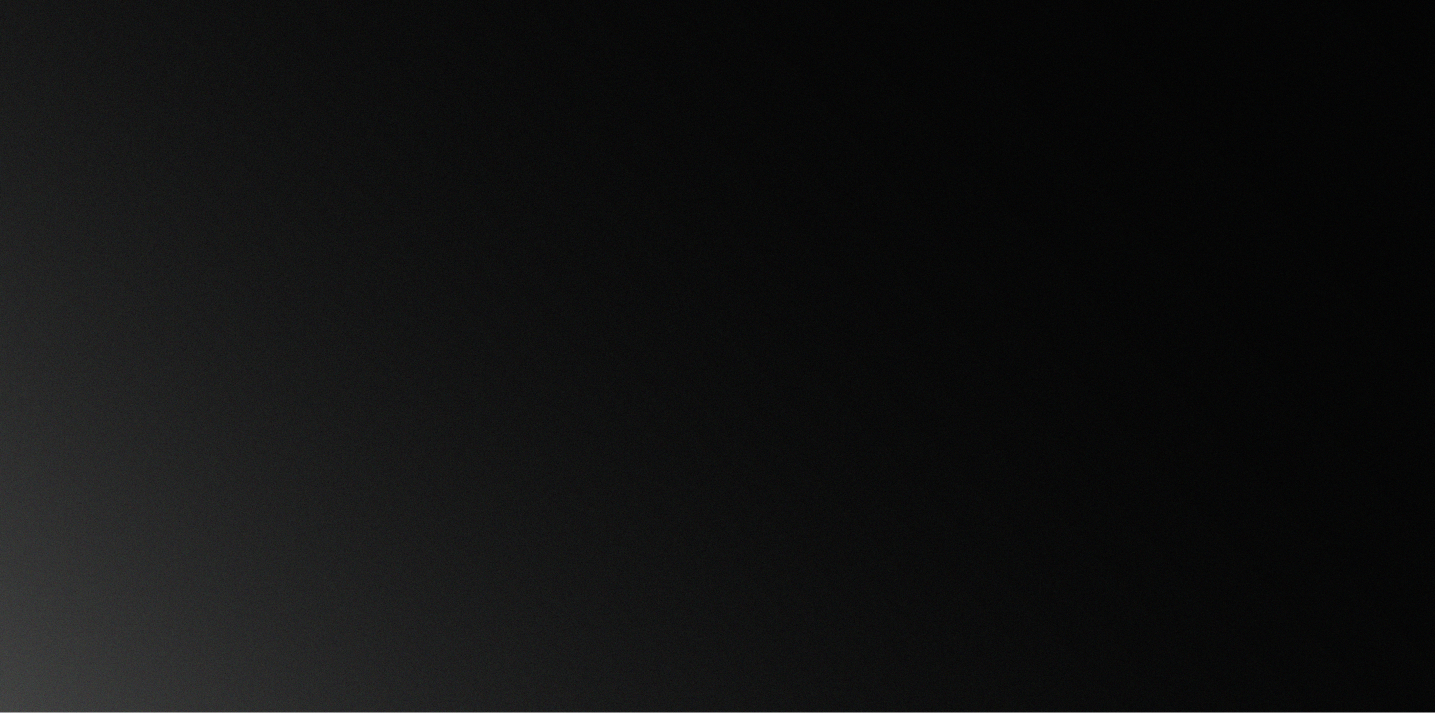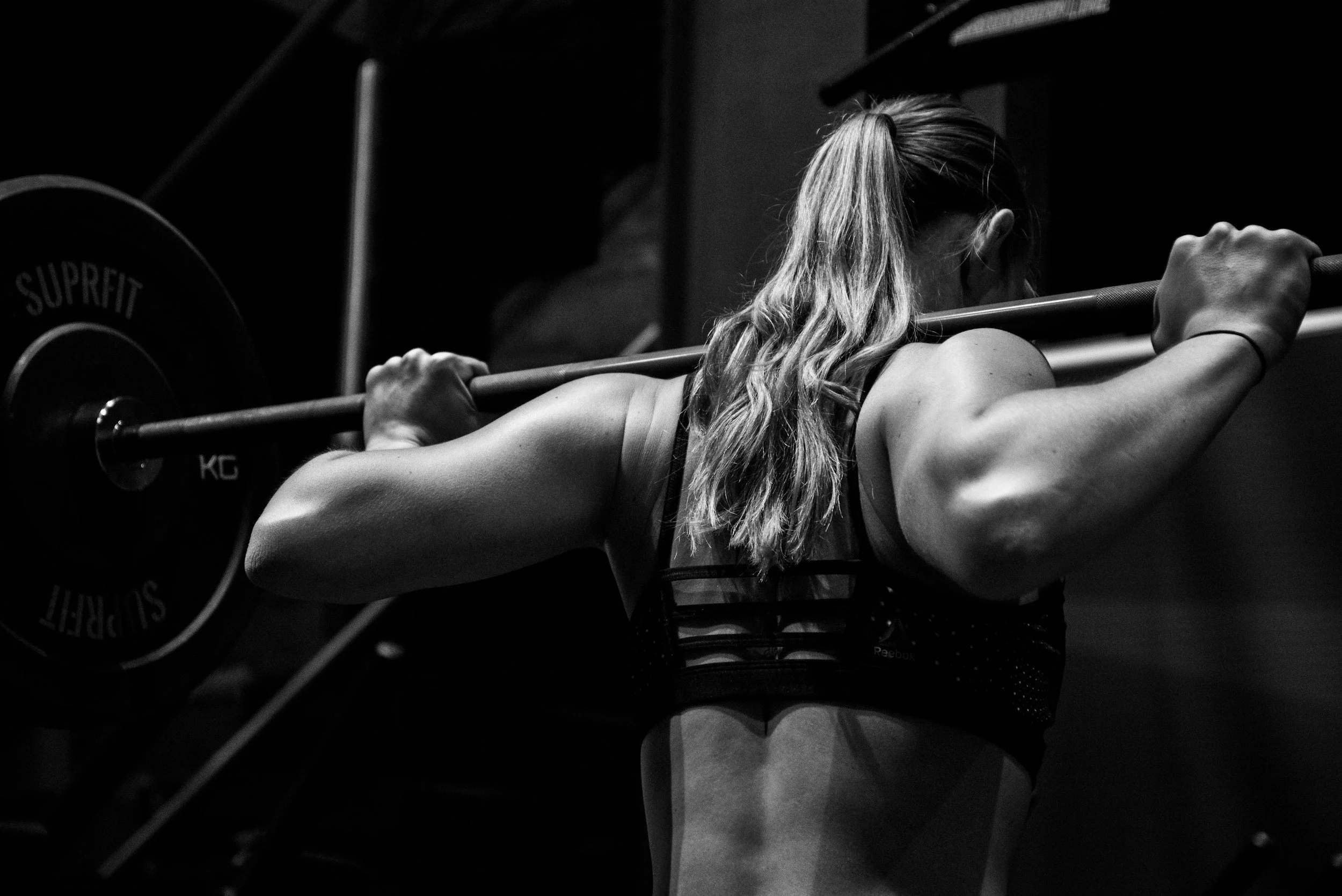
Designed for high performers, the mPEAK retreat blends mindfulness, psychology, neuroscience, and somatic practices to help you perform at your peak under pressure, without experiencing burn out.
Set in a natural environment where all morning and afternoon sessions are held outdoors, this retreat is an immersive experience that allows you to clear your head, connect with your body, and create the supportive habits necessary to achieve your goals while maintaining your own well-being.
Train your mind. Restore your body. Perform at your peak.

High performers in any field - athletes, leaders, creatives, and professionals - who want to manage stress, sharpen focus, and sustain excellence in high pressure environments.
→ WHO
→ WHAT
Learn to recognize and regulate performance stress, unhelpful thinking and mind wandering; to trust your training and find flow; to work with pain and adversity; to tame the hidden opponent (that inner critic); and to leverage personal strengths and gratitude.
→ WHERE & WHEN
Date: March 10-15, 2026
Location: Cabo Pulmo, Baja California Sur, Mexico
→ WHY
To be well. To be happy. To be better.
TRANSFORM YOUR APPROACH, TRANSFORM YOUR RESULTS.
→
TRAIN. YOUR. MIND.
TRAIN. YOUR. MIND.
TRANSFORM YOUR LIFE
TRANSFORM YOUR APPROACH, TRANSFORM YOUR RESULTS.
→


RETREAT DETAILS
This 5-day immersive retreat is designed to train your mind the way you train your body or train for your craft – through structured skill-acquisition. Science-backed sessions are woven into a rhythm of movement and mindfulness, work and rest, taking advantage of both the energizing and peaceful nature of the natural world.
From the moment you arrive on Tuesday through Saturday night’s closing session around the fire, each day offers a balance of guided training, nourishing meals, physical activity, and intentional downtime. Morning and afternoon sessions are held outdoors, grounding your practice in nature. Optional sunrise coffee, beach walks, and evening meditations create space for integration and reflection.
What’s included:
All meals from Tuesday dinner through Saturday dinner
Eight expert-led training sessions focused on stress regulation, resilience, focus, and flow
Guided workouts, yoga/stretching, and optional nature-based movement
A full-day mindful group challenge to bring your training into embodied action
Evening experiences like stargazing, firelight reflections, and outdoor meditations
Ongoing support:
To help integrate what you learn into your daily life, you’ll receive:
8 weeks of group Zoom sessions (30 or 45 minutes each, once per week) at no extra cost
Guided meditation recordings for ongoing personal practice
One private follow-up session to personalize your post-retreat strategy
Cost: $2,470 per person
Full prep and packing details will be shared upon registration.

Mindfulness is the awareness that arises through paying attention, on purpose, in the present moment, without judgment.
Jon Kabat-Zinn
MINDFULNESS
SCHEDULE ⤸
_________________________________________________________________________________________________________________________________________________________________________
→ Tuesday
5:00 PM – Dinner
6:30 – 9:00 PM – Session 1: Welcome & Introduction to Mindfulness and Performance
→ Wednesday
6:15 AM – Sunrise with Coffee & Tea (Optional)
7:15 AM – Breakfast
8:00 AM – Beach Walk (Optional)
9:30 AM – 12:00 PM – Session 2: Interoceptive Resilience
(Recognition & regulation of performance stress)
12:30 PM – Lunch & Free Time
3:30 PM – Workout / Lift / Yoga or Gentle Stretching
5:00 PM – Dinner
6:30 – 9:00 PM – Session 3: Performance Stories
(Recognition & regulation of unhelpful thinking and mind wandering)
→ Thursday
6:15 AM – Sunrise with Coffee & Tea (Optional)
7:15 AM – Breakfast
8:30 AM – Workout / Lift / Yoga or Gentle Stretching
10:00 AM – 12:00 PM – Session 4: Priming for Flow
(Trusting your training and performing naturally and spontaneously)
12:30 PM – Lunch & Free Time
3:00 – 5:00 PM – Session 5: Working with Pain & Difficulty
(Rather than distracting, avoiding, or repressing)
6:00 PM – Dinner & Free Time
8:00 PM – Evening Stargazing
→ Friday
6:15 AM – Sunrise with Coffee & Tea (Optional)
7:15 AM – Breakfast
8:00 AM – Beach Walk (Optional)
9:30 AM – 12:00 PM – Session 6: Your Inner Coaches
(Addressing maladaptive perfectionism and cultivating compassionate self-talk)
12:30 PM – Lunch & Free Time
3:30 PM – Workout / Lift / Yoga or Gentle Stretching
5:00 PM – Dinner
6:30 – 9:00 PM – Session 7: Practicing Positivity
(Leveraging gratitude and personal character strengths)
→ Saturday
6:00 AM – Sunrise with Coffee & Tea (Optional)
7:15 AM – Breakfast
8:00 AM – 2:00 PM – Mindful Group Challenge
Afternoon – Free Time
5:00 PM – Dinner
7:00 PM – Session 8: Setting Intentions & Goals (Fire Pit Gathering)
→ Sunday
Morning – Departures

FAQs
-
If you are underperforming relative to your preparation and training, chances are stress is affecting your performance. This could manifest through test scores for a student, choking or penalties for an athlete, musician or actor, accuracy in firing a weapon or inserting an IV for a first responder, impulsive speech or disorganized thinking for a lawyer or an executive, or a lack of emotional regulation for anyone in relationship (be it spousal, parent/child, work or peer).
Possibly you are performing well, consistent with your preparation and training, but this level of high performance is taking its toll on your eating habits, your sleep habits, your relationships, and your well-being. So, you no longer feel energized by your work or your relationships but depleted instead. Things you might have enjoyed now feel like obligations. If this is the case, chances are stress is creating burn out and compassion fatigue that will soon have you walking away from the “performance” altogether.
Sometimes, our area of performance is our sanctuary, but it is stressful situations outside of that area – relationships, finances, academics – that interrupt our focus.
Alternatively, you might notice you are often worried about making a mistake, letting your teammates or your co-workers or patients or fans or family down, or thinking that the coach or the boss doesn’t like you or is unfair. Those thoughts will limit your ability to perform at your peak. The good news is mindfulness can help in each and all of these scenarios.
-
Yes! Mindfulness is not magic; it is work. But there is 40 years of research indicating it can outperform pharmaceuticals in addressing physical, psychological, and behavioral health problems.
Likewise, research has found mindfulness reduces compassion fatigue in first responders and caregivers, increases situational awareness in athletes and first responders, and enhances performance for those in high-stress environments, including students (test-taking), athletes, lawyers, doctors, first responders, musicians, actors, executives, and entrepreneurs.
Mindfulness is not a replacement for medical or psychological treatments or for performance and skill training; it is a necessary complement.
-
Yes! I have read books about field hockey, watched videos and countless games, observed and assisted talented coaches running practice, and over the years learned enough to coach field hockey at a competitive level. But that doesn't make me able to play the sport. Only practicing the sport itself will do that.
Mindfulness takes practice. Not because it is difficult to do, but because it involves breaking old habits and replacing them with new ones. The difficult thing about mindfulness is remembering to do it, and initially to choose to do it over other priorities – especially when so much of our stress is time stress.
At Pro Mindfulness, we approach mindfulness as habit formation, helping clients to set intentions for practice and then to align their behaviors and choices with their goals.
-
Committing to a mindfulness practice can be daunting when our days are already so full. I rarely have a first-time client who does not struggle with this when deciding whether or not to sign up for an 8-week class, or even a single session.
But every one of them has said that the sessions actually created more spaciousness in their lives, either because they became more intentional about how they spent their time and therefore wasted less of it, or because they were more likely to enjoy what was keeping them busy, or both.
Still, one of the reasons I created this retreat is so that clients can step away from their busy lives and jump-start this investment in themselves. A restorative vacation that will also lead to increased productivity. I hope you’ll see yourself as worth the investment, so we’ll see each other in Cabo!
-
Research indicates the average person has about 60,000 thoughts per day. A staggering 80% of those thoughts are negative (thanks to the brain’s evolutionary negativity bias), and 95% of them are the exact same thoughts we had yesterday due to automatic, subconscious patterns in our nervous system.
The good news is communication between the body and the brain is a two-way street. When needed, we can direct the mind in a way that eases the body’s stress response, and we can direct the body in a way that stills the mind. Participants study how their bodies handle stress and from that investigation, learn to cope with stress, pain, and challenges with grace and composure.
Sessions include, but go beyond, breathing exercises, establishing the connection between thoughts and emotions, encouraging participants to recognize patterns of thought in a way that interrupts unconscious patterns of behavior, gaining agency over our own minds, and allowing us to meet our fullest potential.
-
Yes! Pro Mindfulness teaches clients to systematically address physical restlessness and a wandering mind in order to interrupt the body’s physiological reaction to stress, allowing us to choose, skillfully, how we respond to life’s challenges.
Being busy doesn’t mean we have to be overwhelmed. Being fast doesn’t mean we have to be in a hurry. Responsibilities don’t have to feel like obligations. Relationships don’t have to be so complicated. Grief doesn’t have to be all-consuming.
With mindfulness, we can remember what it’s like to sleep well and to feel well—whatever internal or external stressors we may be facing.




